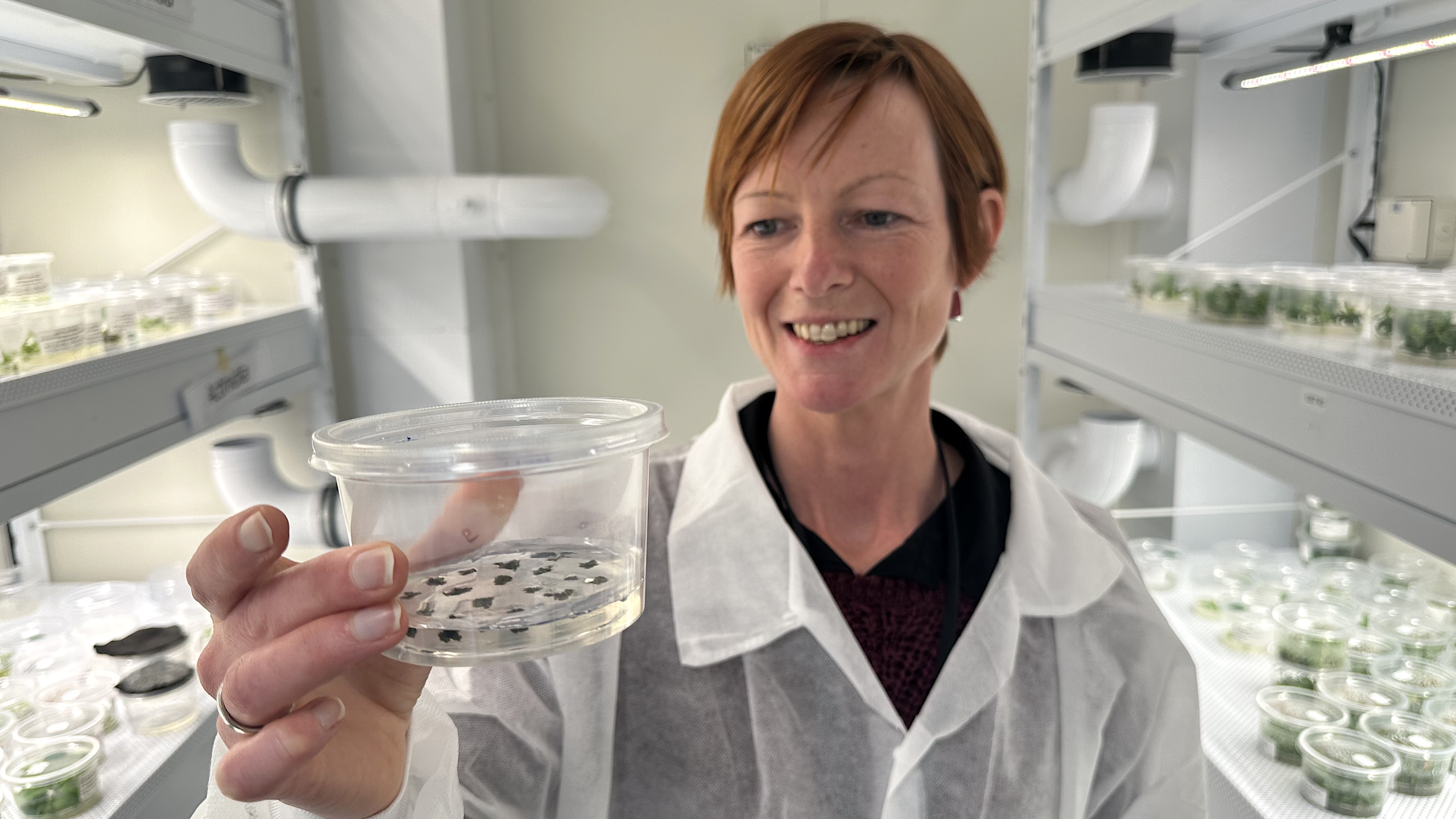Science
New Proposal Aims to Grant Legal Personhood to Indigenous Moss

Government scientists in New Zealand, in collaboration with local iwi, are pursuing an innovative proposal to commercialise the unique medicinal properties of a native moss known as liverwort. This initiative aims to establish ownership and control over the intellectual property rights associated with the plant, potentially granting it a form of legal personhood similar to that of the Whanganui River and Taranaki Maunga.
The initiative reflects a growing recognition of the importance of indigenous knowledge in modern science. Māori traditional practices have long acknowledged the medicinal benefits of liverwort, and this project seeks to integrate these traditional insights with contemporary scientific methods. The collaboration aims to ensure that the iwi, who have historical and cultural ties to the region, retain control over the use and commercialization of this resource.
Under the proposed framework, the liverwort could be legally recognized as more than just a plant, thereby allowing the iwi to safeguard its cultural significance and medicinal applications. This groundbreaking approach may set a precedent for how indigenous resources are treated under New Zealand law, fostering a deeper respect for Māori heritage and environmental stewardship.
According to Dr. Jane Smith, a senior researcher at the Government of New Zealand’s Ministry of Science, the project has the potential to unlock new medical treatments while ensuring that the rights of the iwi are respected. “This initiative is about more than just science; it’s about honouring the knowledge passed down through generations,” Dr. Smith stated.
The slow-growing liverwort has been identified for its unique compounds that may offer significant health benefits. Preliminary studies suggest it could play a role in treating various ailments, but the exact scope of its medicinal properties is still under investigation. By commercialising these benefits, the project aims to create new economic opportunities for the iwi while promoting sustainable practices.
Furthermore, the proposal has garnered support from various stakeholders, including environmental groups and policymakers, who view it as a crucial step towards integrating traditional ecological knowledge with modern scientific approaches. The project is expected to advance over the coming months, with discussions ongoing regarding the legal frameworks necessary to implement this innovative model.
If successful, this initiative could not only pave the way for new medicinal applications but also inspire similar projects worldwide, highlighting the value of indigenous knowledge in addressing contemporary health challenges. The legal recognition of the liverwort may serve as a powerful symbol of the ongoing efforts to reconcile modern science with traditional practices, creating a model for other countries to follow.
As the project develops, it will be essential to monitor its impact on both the local community and the broader scientific landscape. The hope is that this collaboration will not only lead to the discovery of new treatments but also foster a deeper appreciation for the wisdom embedded in indigenous cultures.
-

 World3 months ago
World3 months agoTest Your Knowledge: Take the Herald’s Afternoon Quiz Today
-

 Sports3 months ago
Sports3 months agoPM Faces Backlash from Fans During Netball Trophy Ceremony
-

 Lifestyle3 months ago
Lifestyle3 months agoDunedin Designers Win Top Award at Hokonui Fashion Event
-

 Sports3 months ago
Sports3 months agoLiam Lawson Launches New Era for Racing Bulls with Strong Start
-

 Lifestyle3 months ago
Lifestyle3 months agoDisney Fan Reveals Dress Code Tips for Park Visitors
-

 Health3 months ago
Health3 months agoWalking Faster Offers Major Health Benefits for Older Adults
-

 World3 months ago
World3 months agoCoalition Forms to Preserve Māori Wards in Hawke’s Bay
-

 Politics3 months ago
Politics3 months agoScots Rally with Humor and Music to Protest Trump’s Visit
-

 Top Stories3 months ago
Top Stories3 months agoUK and India Finalize Trade Deal to Boost Economic Ties
-

 World3 months ago
World3 months agoHuntly Begins Water Pipe Flushing to Resolve Brown Water Issue
-

 Entertainment3 months ago
Entertainment3 months agoExperience the Excitement of ‘Chief of War’ in Oʻahu
-

 Science3 months ago
Science3 months agoNew Interactive Map Reveals Wairarapa Valley’s Geological Secrets









